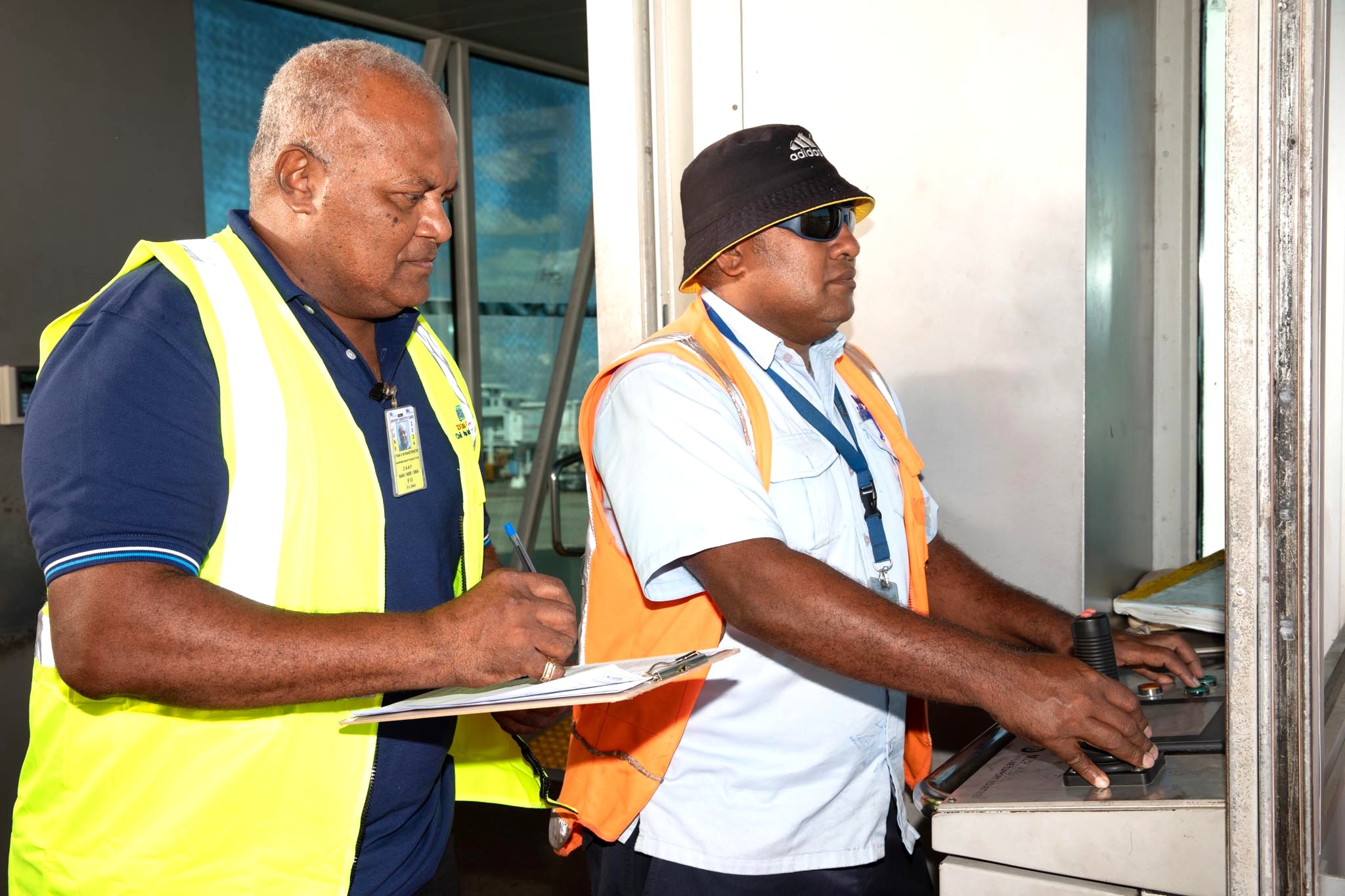International laws for carrying ‘dangerous goods’ by air are the strictest across all types of transport. That’s because those goods can react badly to the conditions they are exposed to during a flight, and in the most serious case, could kill or injure people.
Common household products that could be dangerous in the air include matches, aerosols, flammable liquids, paints or solvents, poison, pesticides, batteries, power banks, and gas cylinders. They are specifically listed by the International Civil Aviation Organization (ICAO) in its Technical Instructions for the Safe Transport of Dangerous Goods by Air. The Fiji Air Navigation Regulations require compliance with that document.
Some dangerous goods can be carried safely by air if they are packed and transported in a certain way. Other articles and substances are prohibited on aircraft due to the risk they pose, and airlines may refuse to carry them or impose their own additional requirements.

If you want to transport such goods by air, you must make sure they are correctly prepared and identified to the airline. Failing to comply with these requirements is an offense and can result in prosecution.
Information for passengers
Refer to the conditions of carriage of your airline, as they may impose special requirements or prohibit certain dangerous goods.
Click HERE to access the CAAF Standards Document on Transporting Dangerous Goods by Air
![CAAF Logo (Final 17-11-24)[1]-02](https://www.caaf.org.fj/wp-content/uploads/2024/11/CAAF-Logo-Final-17-11-241-02-1.png#2188)